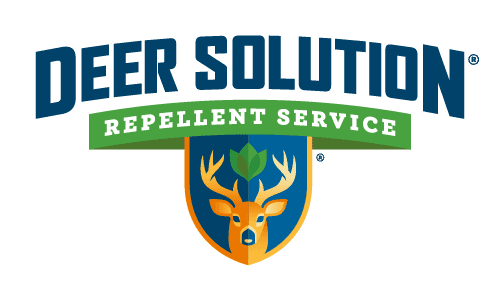Daylilies are a beloved addition to many gardens, with their vibrant blooms and hardy nature. However, if you live in an area with a significant deer population, you may have experienced the frustration of these graceful flowers being devoured by these four-legged visitors. While deer are generally attracted to many plants, understanding their dietary preferences can help you safeguard your daylilies and maintain a thriving garden.
Do Deer Eat Daylilies?
The short answer is yes, deer do eat daylilies. These herbivores are known for their diverse palate, and daylilies, unfortunately, fall within their range of preferred foliage. The tender leaves and buds of daylilies can be particularly tempting to deer, especially in early spring when their food sources are limited.
Factors Influencing Deer Feeding Habits
While deer generally enjoy daylilies, several factors can influence their feeding habits, including:
- Availability of alternative food sources: When other plants or crops are abundant, deer may be less inclined to target daylilies.
- Population density: Areas with higher deer populations may experience more severe damage to daylilies and other plants.
- Individual deer preferences: Just like humans, individual deer may have varying tastes and preferences for certain plants.
Eco-Friendly Deer Deterrence
Protecting your daylilies from deer damage doesn’t have to involve harsh chemicals or harmful methods. Eco-friendly deterrence strategies can be effective in safeguarding your garden while promoting a sustainable environment.
One such approach is the use of natural, plant-based repellents. These repellents, derived from essential oils and other botanical compounds, create an unpleasant odor or taste that deters deer from feeding on treated plants. Regular application of these repellents can help create a deer-resistant barrier around your daylilies and other vulnerable plants.
Deer Solution’s proprietary repellent service utilizes an all-natural formula that is both effective and environmentally conscious. Our certified deer damage experts tailor protection plans to each property’s specific needs, ensuring a personalized approach to deer damage control.
Additional Eco-Friendly Strategies
While repellents can be a powerful tool, incorporating additional eco-friendly strategies can further enhance the protection of your daylilies:
- Companion planting: Strategically planting deer-resistant plants, such as lavender or marigolds, around your daylilies can create a natural barrier.
- Fencing or netting: While not a permanent solution, temporary fencing or netting can provide a physical barrier during peak deer activity periods.
- Habitat modification: Removing potential deer attractants, such as fallen fruits or bird feeders, can discourage deer from lingering in your garden.
By understanding deer behavior and implementing eco-friendly deterrence methods, you can enjoy the beauty of your daylilies while promoting a sustainable and harmonious coexistence with nature.








